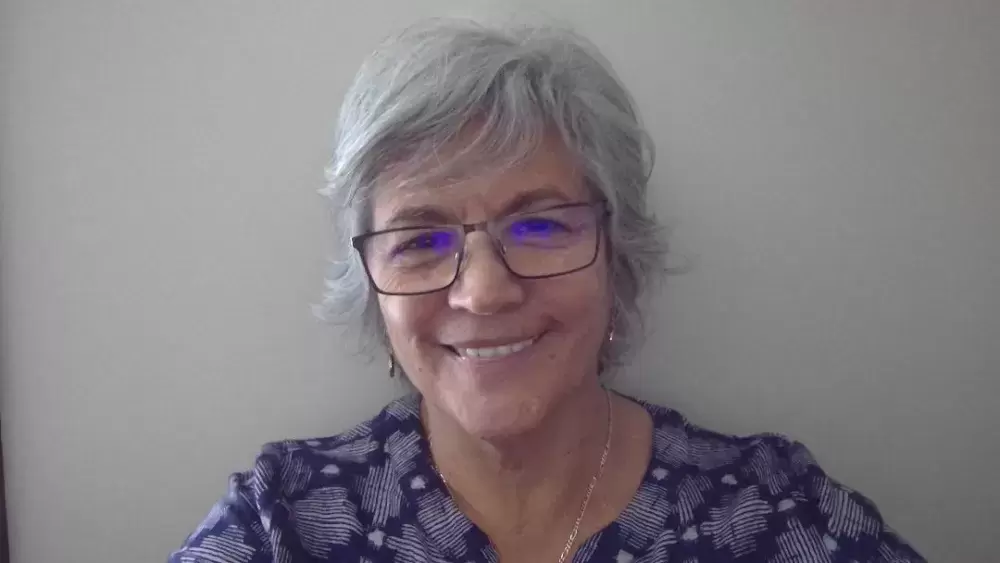Shaunee Casavant is scaling back her commitments in the health industry.
But the Hupacasath First Nation member was more than willing to accept an offer to serve a two-year term with the Island Health board of directors.
Casavant, who turned 65 this past week, considers the position her most prestigious one to date.
“It’s acting at the most senior level of health on the island,” she said.
Casavant said a colleague, Robina Thomas, a professor at the University of Victoria who served on Island Health’s last board, recommended her for the position. Thomas, a member of Lyackson First Nation, was one of two Indigenous people on Island Health’s last 10-person board. Casavant’s cousin, Ken Watts, a Tseshaht First Nation councillor, was the other Indigenous member of the board. Like Thomas, Watts is no longer part of the new board.
Joining Casavant as the second Indigenous representative on the new board, which was selected in late July, is Ron Rice. A member of Cowichan Tribes, Rice is the executive director of the Victoria Native Friendship Centre.
Casavant was surprised that she was indeed asked to join the board.
“They had talked to me last fall and then I didn’t hear from them again until this summer,” she said. “I was quite surprised.”
Dawn Thomas, Island Health’s executive lead for Indigenous Health, is pleased that both Rice and Casavant agreed to accept positions with the board.
“Including Indigenous voices at every level of Island Health, including the board of directors, brings valuable perspectives to our organization’s decision-making processes,” Thomas said. “I’m thrilled to know that Ron and Shaunee are joining the board and I know they will bring important and valuable perspectives steeped in Indigenous ways of knowing and being.”
Their appointments run until July 31, 2022. Their positions can be renewed after that for another term.
Casavant believes her managerial skills and experience in Indigenous health will be an asset to her work on the Island Health board.
She obtained a diploma in nursing from Cariboo College in Kamloops in 1983. She then earned her Bachelor of Science in nursing with honours from the University of Victoria five years later.
Casavant’s work experience includes being the administrator and director of care for the Port Alberni-based Tsawaayuss Multi-level Care Facility from 1993-98.
Then, from 1999 through 2003 she worked as the executive director of the First Nations Chiefs’ Health Committee in West Vancouver.
Casavant also spent three years working as the manager at the renamed Tsawaayuss Rainbow Gardens from late 2008 until December of 2011. She then spent the next eight years as the facility’s project coordinator for accreditation and construction.
Casavant said she did not know Rice beforehand but is keen to work alongside him.
“He seems like a competent and impressive young man to work with,” she said.
Casavant is now managing a family water taxi business in Kyuquot. And she does plan to scale back her work commitments in the health industry.
But she is still eager to continue doing some contract work, including a current evaluation project with the Nuu-chah-nulth Tribal Council’s nursing department.
“I’m interested in taking on short-term contracts,” she said.
As for Island Health, there’s no denying its board can benefit from some Indigenous guidance. One area in particular that needs improvement is the way Indigenous people are treated by the health system. The Ministry of Health opened an investigation this year into racism in the health care system. Investigators are looking into reports Indigenous people who seek urgent care are at times questioned whether they are intoxicated or have addiction issues.
Casavant said she was troubled to hear of alleged incidents at Saanich Peninsula Hospital where staff played a game called The Price Is Right, guessing the blood-alcohol content of Indigenous patients.
“I thought it was pretty disgusting but not surprising,” Casavant said of this report. “I’m aware the health care system does not treat Aboriginal people very well.”
Casavant is uncertain when the provincial investigation will be completed.
“The whole board will receive the reports and then we’ll decide what to do,” she said.
She added mistreatment of Indigenous people who access the health care system is often not reported. She’s hoping Island Health will make changes with this issue.
“I’m hoping to see some significant differences,” she said. “Island Health is working on a different system to receive complaints. The existing one is not working for First Nations people. They’re not using it.”







